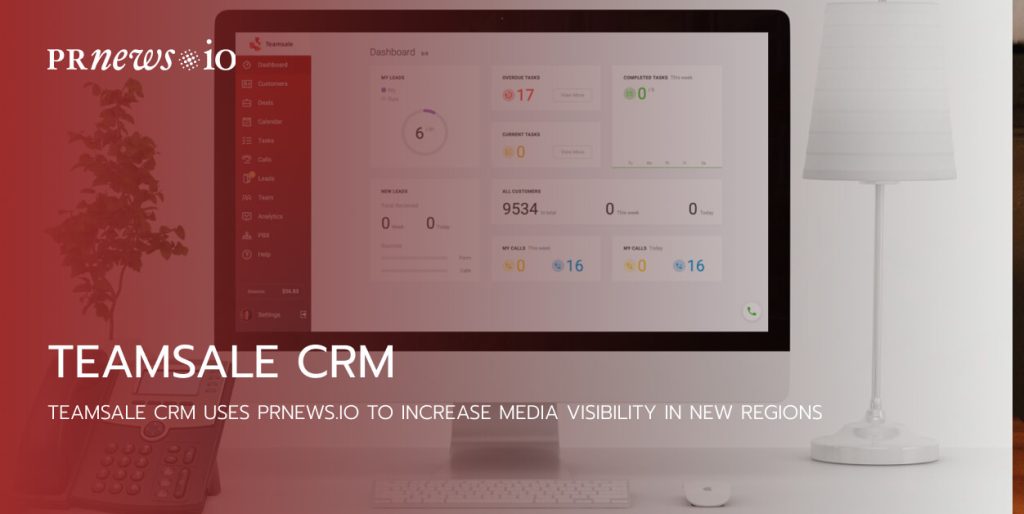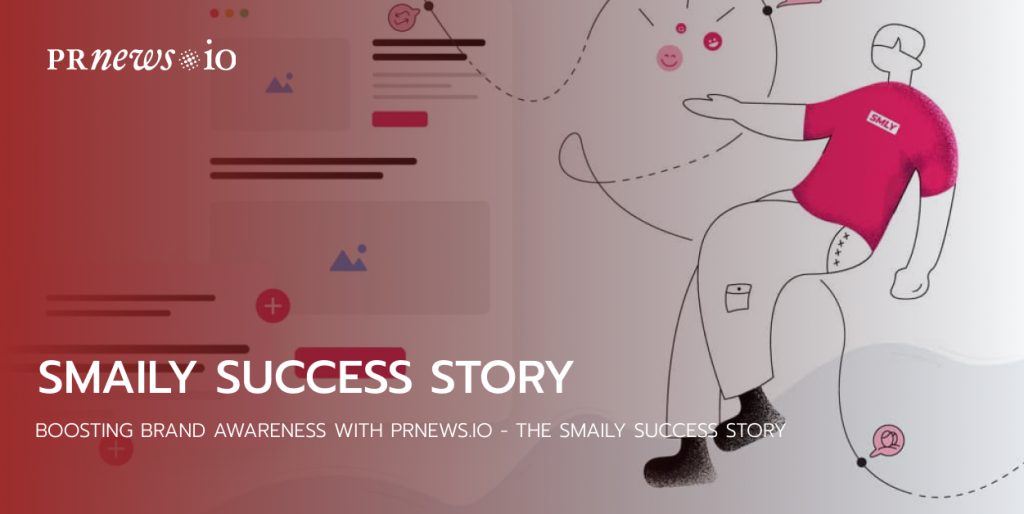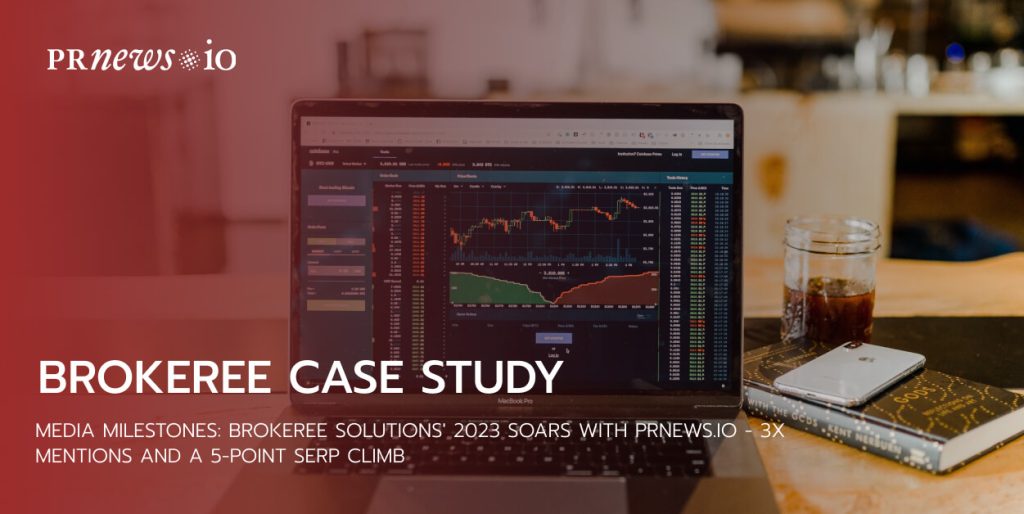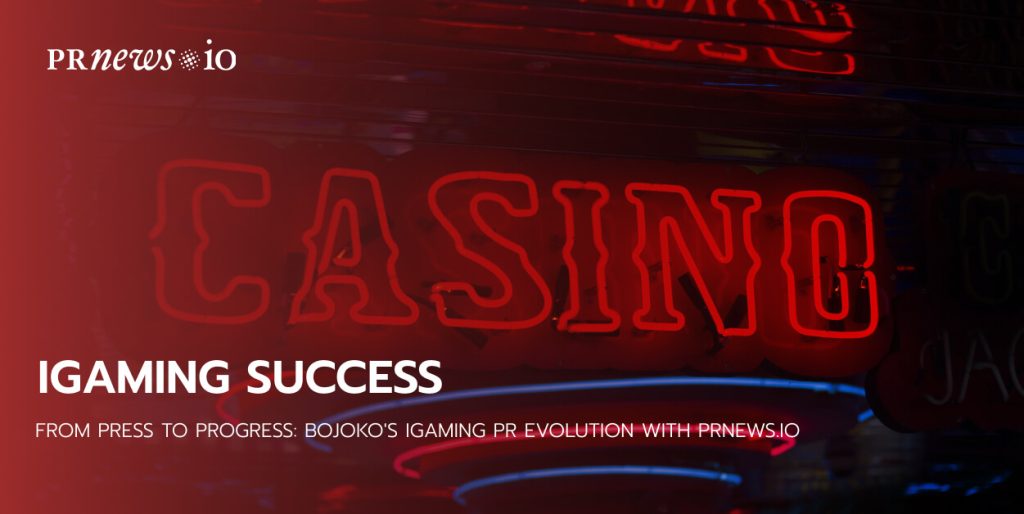Link Exchange is still used to boost SEO and improve website authority, but using this method you must be careful, it can also do the opposite. Here’s what you must think over before exchanging links. Let’s move on to the details and see how it works in SEO.
What is a link exchange?
Link Exchanges, Reciprocal Linking, Swapping Backlinks – this has all the same meaning. Whether Google suggests it or not, there are lots of SEO experts out there ready to give and receive a link exchange from bloggers and website owners.
Link exchange is an agreed process between two website owners to put the links to each other’s website for the goal of boosting their website’s search engines ranking. The logic is that receiving a quality backlink will give a ‘trust’ bonus to the website that may give you superiority over the ranking competition.
Content Marketing Platform
- 100,000+ media publications;
- get backlinks to your product;
- scale work with content distribution.
How Link Exchange Works
A link exchange usually follows this model:
- Refers a content you’re eager to promote
- Search across Google and other search engines to list out other websites that may find your piece interesting and will want to put your link to it.
- Find the contact information on the website letting the website owners know that it exists and your idea to exchange the links.
- You both make a cross-link on the websites.
The main part of the work is done, the next step is to wait for the impact of this activity on your online project.
Is a Link Exchange good for SEO?
The purpose of the link exchange method is to get superiority on rankings. Having a high-quality backlink will allow you to gain a trust mark that will enhance your website rankings and increase traffic to stand over the ranking competition.
Link exchange can create many quality links directing to your website. Therefore, it increases your link popularity rate, which is one of the most important elements in successful search engine marketing and SEO campaigns.
There are lots of website owners searching for exchanging links from other website owners and bloggers to generate excellent results in their search rankings.
Ways Links Can Hurt Your SEO
There are some advantages to naturally occurring links exchanges, but when you don’t use common sense, this activity may cause a harmful effect on your site’s authority and rankings. Here are four cases in that links might actually hurt your SEO:
Website Penalties
Reciprocal links are not suggested by Google’s Webmaster Guidelines. So if your site is misusing backlinks and trying to manage search results only by exchanging links – your website has a high chance of being punished by Google.
Decrease in Site Authority & Rankings
If you’re linking to external websites that aren’t relevant to your website, your page might have a drop-in site authority or SERP rankings. Before linking, make sure that the content relates to the topic of your website. It’s also useful to check the site’s Alexa ranking.
Boosting SEO for Direct Competition
Cross-linking the webpages with the same target keywords and phrases as your website has, the chances of having that link reciprocated are decreasing. Consequently, you’re only improving your competition’s SEO, not your own.
Link exchanges or reciprocated links should be executed between websites with similar content and topics, and not between directly competing websites.
Top Link Exchange Methods
Here are the best ways to execute link exchange methods to make a positive impact on your website’s SEO rankings.
- Cooperate with websites that are rich in traffic.
- Choose websites that have top-quality content related to your business that can be useful to your visitors and will make an amazing link exchanging results.
- Select websites that aren’t your direct competitors and are high-quality websites with good SEO scores.
- Connect with the websites that work with similar keywords as you do.
And here are the top ways for successful link exchange:
Local Links
You can find several types of link exchange among the local websites. These local platforms provide information and details about businesses in the same area. Besides, most of the websites are authoritative, which means they can bring a lot of high-quality links to you. Similarly, “Google My Business” is another helpful way that not only allows you to gain visibility whenever someone searches for a local keyword but also gives you an opportunity to get linked with Google.
Guest Blogging
A lot of highly credible blogs allow others to write guest blogs for their websites. If you’re not a copywriter or you don’t have the time to create the content, you may use the PRNEWS.IO service to write an article for you. It’s a popular platform for creating and distributing content.
? Distribute Your brand Content
Web Directories
There are lots of businesses and other web directories that perform high page ranks. You can easily get a link from these sources. Just don’t submit your website using external link submission services. The issue with such services is the inability of the software to submit the links according to the Google guidelines. The result is low-quality links, so it’s much better to link manually.
Photo Sharing
Websites such as Flickr are another great method for getting quality links. If you allow others to use your photos using a Creative Commons License, people will link to your website by attributing your image to your website.
Social Community Profile
If you don’t have social media accounts, you’re wasting lucrative marketing opportunities. Even if you have no purpose to market your products using social media, it helps to maintain a passive presence on major social media channels to increase brand awareness. Creating a variety of social media profiles and displaying a couple of products or services is enough to provide you with quality backlinks from authoritative websites.
Blog Comments
Wise website owners use blogs to get traffic to their blogs. Try to leave a comment on a blog that also lets you create a profile. If you can share a piece of good advice, users may click on your profile and may visit your website. Sometimes, blogs also allow you to share a link under your comments. Try to share your on credible blogs because you could start to see a steady amount of traffic in the long run.
Forums and Message Boards
Just like blogs, try to take part in forums and message boards relevant to your field. Useful posts on message boards and forums will inform others that your website exists and you’re an expert in the industry.
After reading this, just remember, link exchange is a consequence of your link-building efforts. Whenever you’re working on backlinks, check if link exchange and reciprocal links are just a certain part of your overall links. Try to adhere to your reciprocal links to less than 15%.
Final Words
After reading all about link exchange, when to do it, how to do it, and when to avoid it, here’s what conclusion I can make.
Link exchange is one of the first SEO methods. It has been associated with spam very often. However, link exchange is quite effective if done in a proper way and with the right partners. As long as exchanging links is relevant, appropriate, and done with common sense, it can be a useful way to gain traffic to your online project.
What is your opinion about a link exchange? Let me know!
Read more:
- Local Link Building: Specification, Strategies, Tools
- Top 7 Link Building Services to Boost Your Website
- Link Building for eCommerce Websites: the Easy Guide
Link Exchange FAQs
What is link exchange?
Link exchange is a marketing technique of exchanging backlinks with another website. The aim of exchanging links with others is to increase SEO rank or to provide more information related to the content on the website.
How to do a link exchange?
The most effective way is to create unique and valuable content that’ll make users and website owners naturally put the link and refer to the website, thus earning link popularity in an ethical, passive way. Here are the necessary steps: Find link prospects. The first step is to find link prospects, where your content will be relevant, and who will be willing to link back to it. Prepare your outreach email. It must be individual and don’t look spammy. Find contact information for your prospects. Personalize and launch your outreach campaign. The final step is one of the easiest but also one of the most important stages in terms of creating your campaign.
What is link exchange in SEO?
A link is a clickable object on a webpage that addresses from one page to another. They may come as text, buttons, or images. Depend on the destination of the link, they are categorized as Internal, Outbound, and Inbound Links. Link exchange is a basic and essential part of SEO. The early ranking algorithm of the Google search engine was based on the PageRank algorithm, which works by calculating the number of quality links on a webpage to define the position of the website to rank it.





